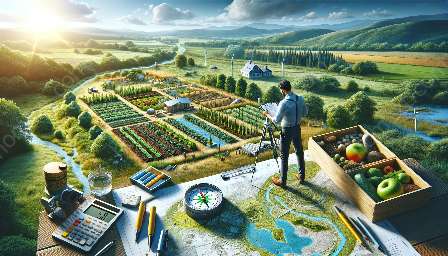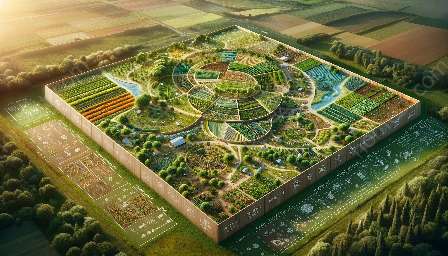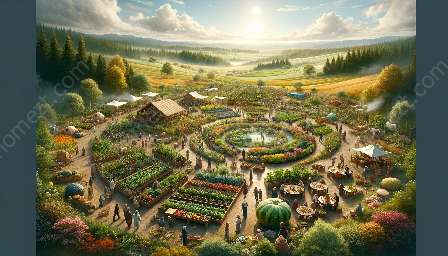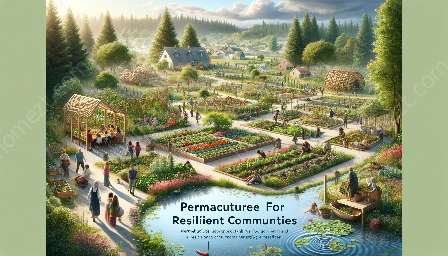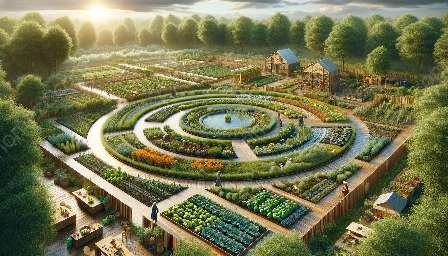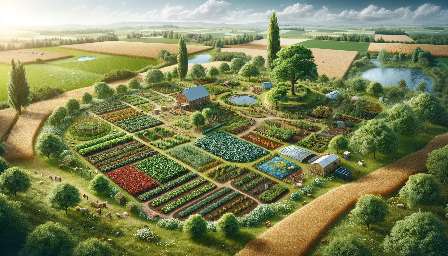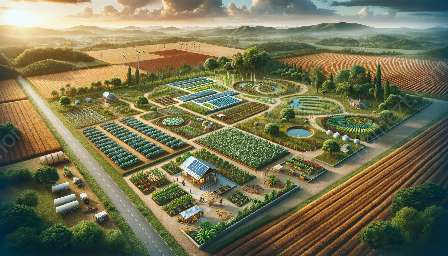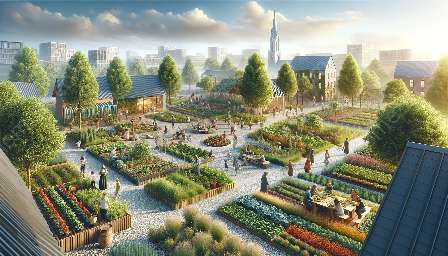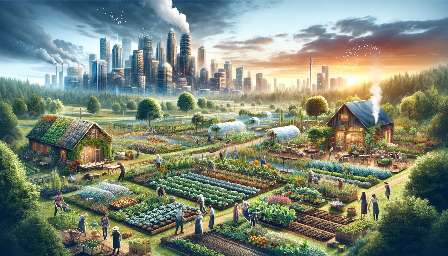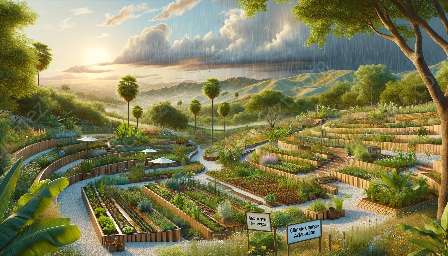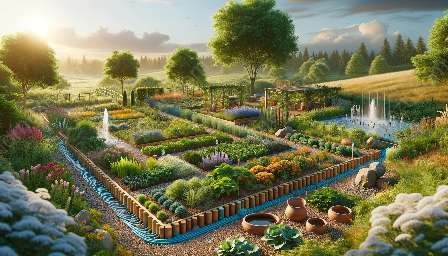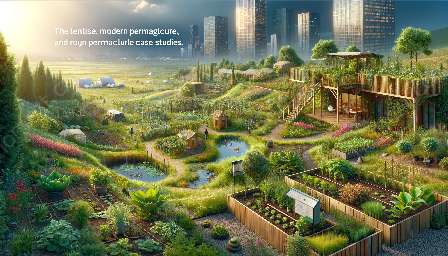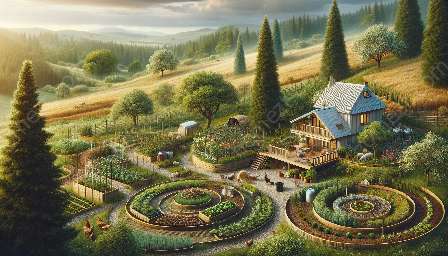In the world of sustainable agriculture and land management, soil improvement and composting play critical roles in maintaining healthy ecosystems and promoting sustainable practices. These methods not only enrich the quality of soil but also contribute to overall biodiversity and environmental health. When integrated into permaculture, gardening, and landscaping, they become powerful tools for achieving sustainable and regenerative outcomes.
Understanding Soil Improvement
Soil improvement involves enhancing the quality and fertility of the soil through various techniques and practices. It aims to create an optimal environment for plant growth, improve nutrient availability, and promote soil structure and water retention. In permaculture, soil improvement is central to creating resilient and productive landscapes that mimic natural ecosystems. Gardening and landscaping also benefit greatly from improved soil, as it leads to healthier plants and better harvests.
Composting: Nature's Recycling System
Composting is a natural process that breaks down organic matter into nutrient-rich humus. It is an essential practice in permaculture, gardening, and landscaping, as it offers numerous benefits. It reduces waste by recycling organic materials, enriches soil with nutrients, and supports the growth of beneficial microorganisms. By creating a closed-loop system, composting aligns with the principles of permaculture, where waste is viewed as a resource rather than a burden.
The Permaculture Connection
Permaculture, a holistic approach to sustainable living, emphasizes the importance of soil improvement and composting. By integrating these practices, permaculture designs aim to create self-sustaining and regenerative systems that mimic natural ecosystems. By enriching the soil and fostering biodiversity, permaculture enthusiasts strive to create resilient and abundant landscapes that provide for human needs while maintaining ecological balance.
Improving Ecosystem Health Through Gardening and Landscaping
In gardening and landscaping, the use of permaculture principles and practices can greatly enhance ecosystem health. By improving soil fertility and structure through composting and other soil enhancement methods, gardeners and landscapers contribute to the creation of thriving and biodiverse environments. Furthermore, these practices help reduce reliance on synthetic fertilizers and pesticides, promoting a more sustainable and ecologically friendly approach to land management.
The Sustainability Impact
Soil improvement and composting have a profound impact on the sustainability of agricultural and land management practices. In permaculture, gardening, and landscaping, these practices promote a cyclic use of resources, reduce waste, and enhance the overall health of ecosystems. By nurturing healthy soils, practitioners of these disciplines contribute to the long-term sustainability of their environments, creating opportunities for future generations to thrive in harmony with nature.




